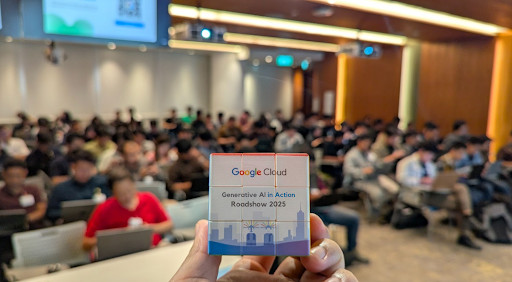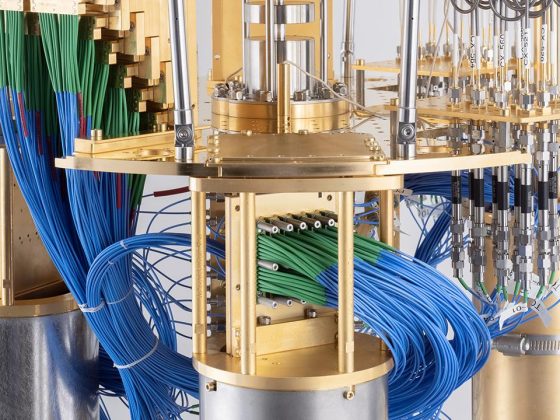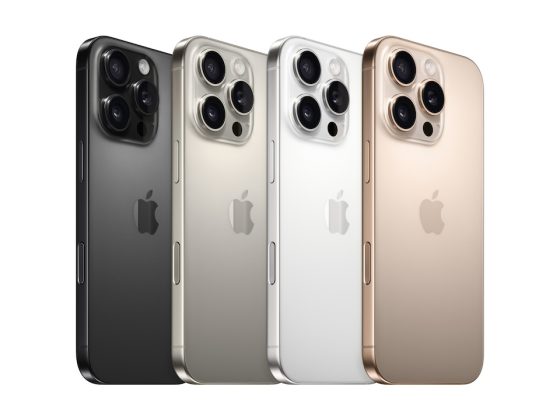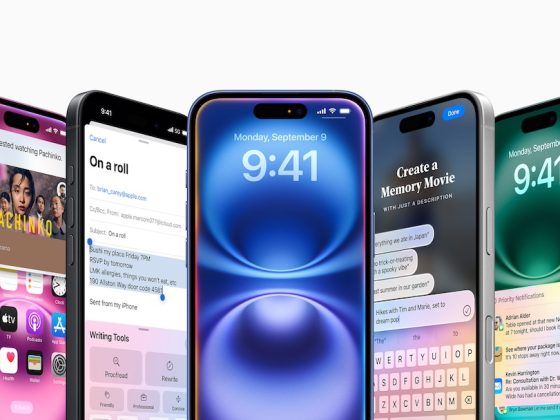Intel and the Entire Technology Industry Have Long Provided Groundbreaking Solutions; Coronavirus is an Unprecedented Catalyst for Collective Innovation in ‘Tech for Good’
One hundred days ago, our CEO, Bob Swan, announced the Intel Pandemic Response Technology Initiative. Intel would invest $50 million to combat COVID-19 in ways we knew best: using technology to study and help with the diagnosis of the coronavirus, helping disrupted educators and students, and supporting innovative new ideas and projects.
From our partners:
I’ve had the privilege of leading this initiative and seeing an extraordinarily committed group of Intel employees, customers and partners mobilize. In just over three months they have made possible new and creative uses for our technology to address a range of challenges. We’ve come a long way, learned a lot and still have much to do. On behalf of this team – at 100 days in – I wanted to share some of that journey.
So far, Intel has partnered with over 100 organizations on close to 200 projects totaling more than $30 million in contributions – from the original pandemic response to first early steps toward recovery. In those early days, we provided ventilator manufacturers with vital parts. We assisted with the creation of virtual intensive care units.
Today, we’re providing technology and educational content for students who might otherwise be left behind. We’re aiding businesses as they take the first steps to re-open safely. And we’re exploring ways Intel technology and our financial support can be used in the search for diagnoses, treatments and vaccines.
Our role through the pandemic points out undeniable lessons: Technology used to its potential can save lives and change lives. No one can solve these problems alone. And we will never thrive as we once did if we don’t work with our customers and our communities to make our world better after we recover.
Three examples show how far we’ve come.
- Telehealth for those who can’t see a doctor and “care at a distance” for those who are highly contagious save lives. With the help of supportive regulations and laws, telehealth puts doctors in contact with patients, even as offices closed. While Providence treated some of the first U.S. patients with COVID-19 at its hospitals, a seismic change affected its primary care physicians. Inside of a week, more than 7,000 physicians caught up on already operating, but seldom-used, telehealth technology. And within days of that, Providence saw telehealth visits grow from 50 a day to about 14,000. Since then, the healthcare provider has been a leader in providing “care-at-a-distance” – from monitoring ICUs remotely to decrease the risk of infection, to “hospitals at home” that allow for remote monitoring for those with high-risk complications.
- Public-private partnerships are introducing innovative ways to educate and motivate students and teachers while school buildings remain closed. New devices and connectivity extend teachers into students’ homes but keeping lessons fresh and engaging will be key to educating from a distance. Intel, in partnership with the Los Angeles Unified School District and ViacomCBS, is bringing together technologists, educators and entertainers in the creation of new content that will be built into the curriculum, “What I Do for a Living.” This is an incentive-based program that educators hope will inspire, increase engagement and shape future careers for students in our communities.
- In Houston, one of the largest and most diverse cities in the country, Intel engaged early. We joined an effort with partners, including T-Mobile and Microsoft, that spans education, healthcare and smart and resilient city technology – all with the goal of building a vibrant tech and innovation community, focused on equity and digital literacy. Since 2019, Intel and the City of Houston have delivered smart city solutions through The Ion Smart and Resilient Cities Accelerator. Water Lens, one of the accelerator’s startups, offers genetic water testing technology. Water Lens has secured a City of Houston pilot program to rapidly test for COVID-19 in wastewater, which could help determine the community’s true infection rate.
As we’ve moved through the lifecycle of pandemic response, it’s obvious the coronavirus has changed society, industry and Intel. Historic calls for change (the end to acts of racism, inequity and social injustice) in COVID-19’s shadow illustrate how important the coming few months will be for all of us in the U.S. and around the world. Collectively, it’s led us at Intel to recognize several vital lessons.
Technology and its creative use are needed more than ever: Four months ago, Intel CEO Bob Swan wrote to our customers: “You provide vital services, tools and infrastructure to millions of people who are directly struggling with this virus …” Day in and day out, it has proven true. Inside Intel and with our customers, we’ve broken down silos to move more quickly than ever. Newly discovered sources of technology value, like Providence’s “care at a distance,” prove to be life-changing as patients and care providers grow comfortable with them. We’ve thought creatively and pulled together customers to provide services that are saving lives, educating students and keeping our community infrastructure solid.
Data collaboration and sharing have never been more important: Solving the challenges brought to the world by the coronavirus requires researchers worldwide to work together. The whole world has become a peer community. There is much we don’t know about the coronavirus, but with the help of federated learning, researchers are able to privately share patient data as they collaborate to create a vaccine or treatment program. They can access a rich world of data to make better decisions and follow groundbreaking clues, all without breaching privacy laws. Our technology to effectively manage, share and collaborate using important data sets has never been as significant as when researchers are chasing a deadly virus.
Better health will go hand in hand with recovering economies: People’s health will be critical to the world’s economic recovery, just as the economic recovery will be key to everyone’s health. Going back to doing things the way we did them before won’t carry over after the coronavirus is solved. I keep going back to it, but telehealth is a great example. To best realize its benefits, we need to recognize its success and acceptance among people seeking physician guidance. Only that will allow it to thrive.
As a company, we have learned to operate with more empathy, agility and velocity. We look at our products not for what we know they can do, but for what they might be able to do in a changed world. Outside of our walls, we have come together in new ways with customers, partners and the community – and we’ve seen what a difference working together can make when we all think and act creatively.
We won’t forget these lessons. They will shape our approach, as we press forward with our goals for the next decade.
Life will be different for everyone around the world after the coronavirus is history. Doctors and patients will communicate from a greater distance. Educators will find lessons in distance learning to make online classes more effective and meaningful. Cures for many more diseases will come from the private, safe and efficient sharing of data.
Our Pandemic Response Technology Initiative can’t solve all of the challenges we’re facing, but what we learn and what we teach others after this event will create a strong foundation for the future. It’s inspiring to see how our technology – and that of the broader high-tech industry – will make enriching lives (even in a world as challenged as it is today) possible.
Rick Echevarria is vice president in the Sales, Marketing and Communications Group and general manager of the Intel Olympic Program at Intel Corporation. He leads Intel’s Pandemic Response Technology Initiative.
For enquiries, product placements, sponsorships, and collaborations, connect with us at [email protected]. We'd love to hear from you!
Our humans need coffee too! Your support is highly appreciated, thank you!









